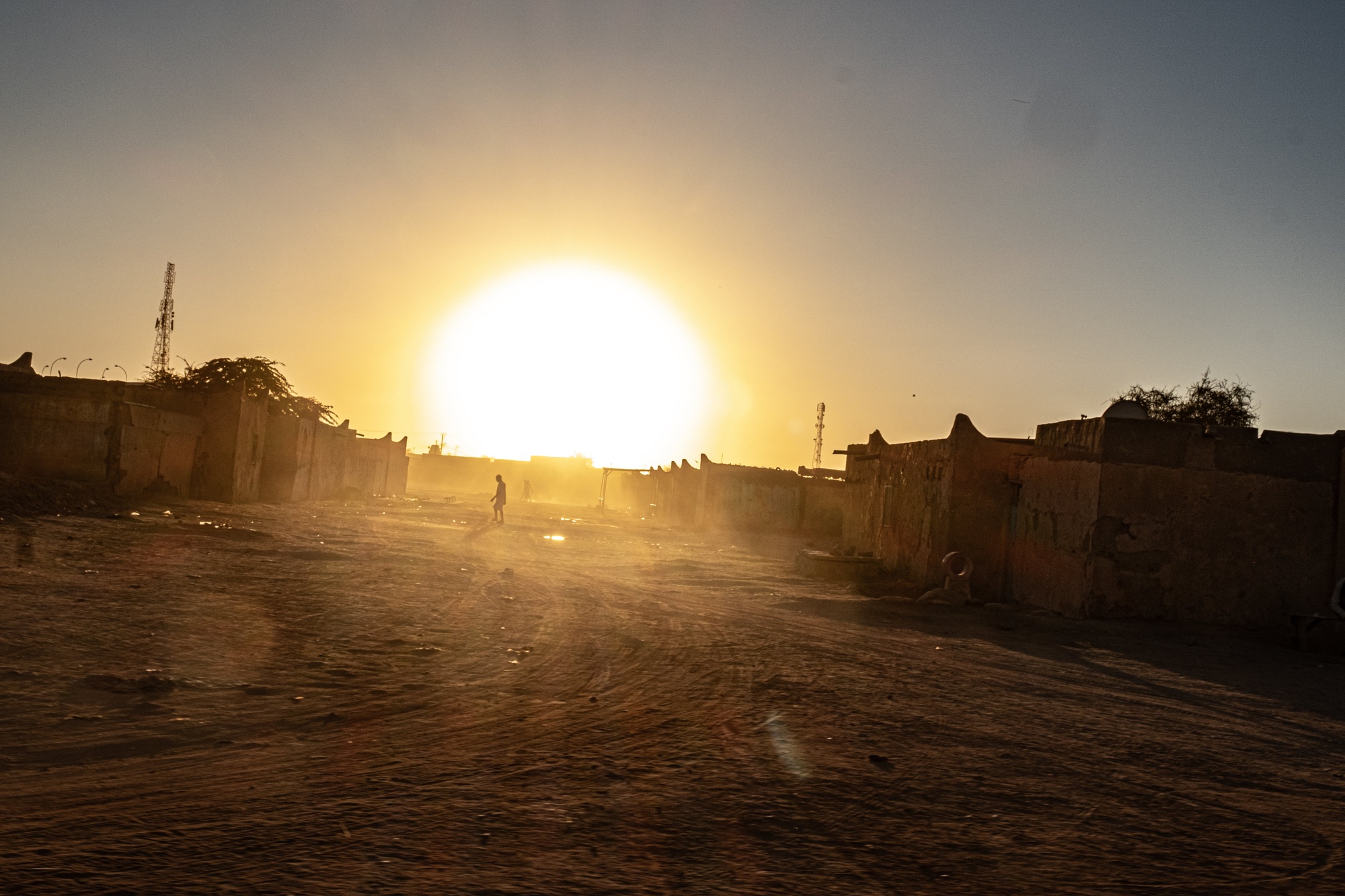Niger 2024 – IRPI media, Afrique XXI, Follow the Money
“That is harmful radioactive mud. We are in the Sahara, it’s always windy, and during sandstorms the dust gets into the air everywhere. We live in it, breathe it and drink it. All this will remain for tens of thousands of years.” Almoustapha Alhacen is an activist who has been fighting for years for the Arlit and Akokan population in Northern Niger.
Life and the economy of these remote desert locations are linked to uranium mining going on for more than 50 years. The companies that operate the two huge mining sites are owned by Orano (ex-Areva) a French state-owned company.
Independent research missions revealed huge #environmental damages and that the population has been subject to chronic radioactive #contamination for decades…Tons of radioactive waste in the open air a short distance from population centers, groundwater contaminated, radioactive scrap metal sold in the city, houses built with radioactive materials….
The Niger military junta (CNSP) that came to power about a year ago by a coup is breaking ties with France to turn to other partners such as Russia. The “Yellow cake” is attractive geopolitically and Moscow knows it.
On June 20, the CNSP ripped up the contract under which #Orano was going to operate the giant Imouraren uranium field. If Orano is definitively kicked out of Niger, what will it leave behind? We tried to explain it through the testimonies of former miners and activists.
These are some of the photos from the investigative journalism project “#MinacciaNucleare” (nuclear threat ) carried out for over four months in collaboration with Irpi media and Follow the money.
A series of articles shows the dark side of the #Nuclear Industry. Starting with the environmental and social damage of the supply chain, the story continues in Europe until it touches the Ukrainian conflict and it has an impact on the role of nuclear energy in the decarbonization process. The project unveils how the nuclear lobby attempts to influence political choices and maintain a system in place to keep its nuclear industry alive as well as its military apparatus.












